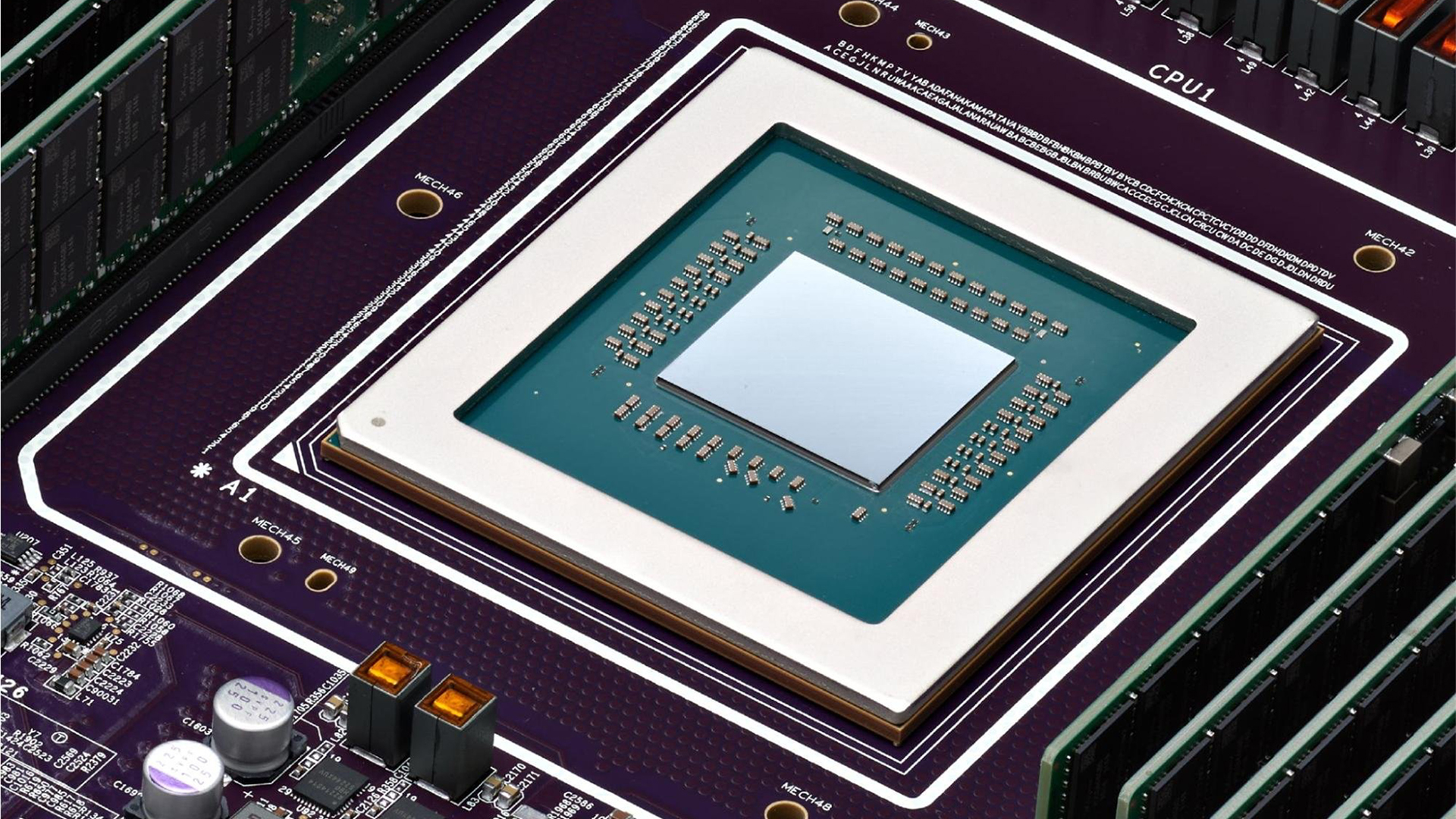
Google this week became yet another major hyperscaler that has developed its own Arm-based processor for datacenters. The company claims its Axion CPU is faster than competing x86 and Arm-based offerings and plans to use it to run workloads that rely on general-purpose computing at its datacenters. Some of Google's services already run on Axion and the company intends to increase usage of its custom silicon to take advantage of additional performance at lower power.
Google asserts that its Axion processors deliver up to 50% greater performance and up to 60% higher energy efficiency compared to contemporary x86-based processors, though it does not disclose with which CPUs it compares its devices. Additionally, the company claims that Axion offers a 30% performance advantage over rival Arm-based CPUs designed for datacenters, but again it does not disclose the exact rival.
Google's Axion processor is based on the Neoverse V2 cores (featuring the Arm v9 instruction set architecture), but Google does not disclose how many general-purpose cores the CPU integrates, though a picture of the processor indicates that the unit uses standard dual-rank DDR5 modules.
One of the advantages that Google Axion-based servers have is that they come outfitted with the company's custom Titanium-badged controllers that offload networking, security, and I/O storage processing from the host CPU, which has a positive effect on the performance available to applications. Using purpose-built accelerators to offload certain workloads from the host CPU is one of the ways to increase server performance without significantly increasing its power budget and Google certainly takes advantage of its Titanium platform.
"Google's announcement of the new Axion CPU marks a significant milestone in delivering custom silicon that is optimized for Google's infrastructure, and built on our high-performance Arm Neoverse V2 platform," said Rene Haas, CEO of Arm. "Decades of ecosystem investment, combined with Google's ongoing innovation and open-source software contributions ensure the best experience for the workloads that matter most to customers running on Arm everywhere."
Google has already initiated deployment of Google services, including BigTable, Spanner, BigQuery, Blobstore, Pub/Sub, Google Earth Engine, and the YouTube Ads platform, on existing Arm-based servers and plans to expand and scale these services on Axion processors in the near future.
Google was among the first hyperscalers to develop its own custom silicon for its datacenters. The company has deployed several generations of its tensor processing units (TPUs) for its AI services and has special video transcoding units (VCUs) for transcoding YouTube videos. With its own custom CPU, Google makes another step away from x86 processors from AMD and Intel and while we do not expect x86 to get eliminated from datacenters any time soon, it is evident that Arm is slowly eating AMD's and Intel's pie.







